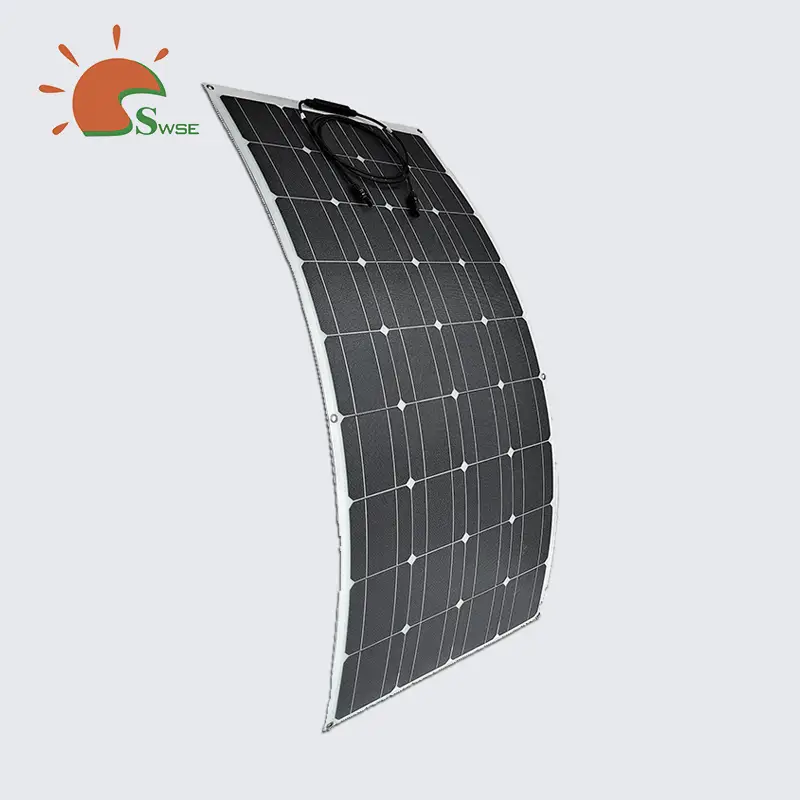Are you looking to switch to solar energy but feeling overwhelmed by the different types of solar panels available in the market? Look no further than Sunworth! As one of the leading providers of solar panels, we offer a wide range of options that cater to every need and budget. In this blog post, we’ll explore the various types of solar panels provided by Sunworth.

Introduction to Sunworth Solar Panels
If you’re considering switching to solar power for your home or business, you’ll want to learn about the different types of solar panels offered by Sunworth. In this section, we’ll give you a brief introduction to each of the panel types and their key features.
Monocrystalline panels are made from a single large silicon crystal, making them very efficient at converting sunlight into electricity. They’re also very durable and can withstand high temperatures, making them a good choice for locations with hot climates.
Polycrystalline panels are made from many tiny crystals of silicon fused. They’re less efficient than monocrystalline panels but also less expensive. Polycrystalline panels are a good choice for budget-conscious consumers who still want to reap the benefits of solar power.
Flexible solar panels are light in weight, so transportation and installation costs are significantly reduced. The temperature coefficient is small, and the conversion efficiency is stable. With good flexibility, it can further meet the radians and corners on various installation planes.
Which Type of Solar Panel is Right for You?
Each of Sunworth’s solar panel options has unique benefits that can be tailored to your needs. Which type of solar panel is right for you? Let’s take a closer look at each option:
- Monocrystalline Solar Panels: Monocrystalline solar panels are known for being more efficient and requiring less space to generate the same amount of power as polycrystalline panels. This makes them a good option for those with limited roof space or those who want to maximize their power output, although they may be more expensive than polycrystalline panels.
- Polycrystalline Solar Panels: Polycrystalline solar panels are an excellent choice to balance efficiency and affordability. They are less efficient than monocrystalline panels, but they cost less upfront. These panels are also less sensitive to shading than others, so they can still produce power even if some panel parts are shaded.
- Flexible Solar Panels: Flexible Solar Panels have a wide range of applications, including RVs, boats, cabins, tents, cars, trucks, trailers, and other irregular surfaces. Solar cars/electric cars, battery charging equipment, automobile air conditioning, ventilation fans, car refrigerators, and so on can power all necessary electrical appliances while camping. It can also be installed as a solar power station on irregular rooftops to provide power for household or commercial use.
Conclusion
Choosing the right solar panel for you depends on your needs and budget. Sunworth offers various solar panels, from traditional monocrystalline to newer thin-film options. Each type has advantages and disadvantages that must be considered before deciding which is best for you. Whatever type of solar panel you choose will provide clean energy and help reduce your carbon footprint while saving money in the long run.